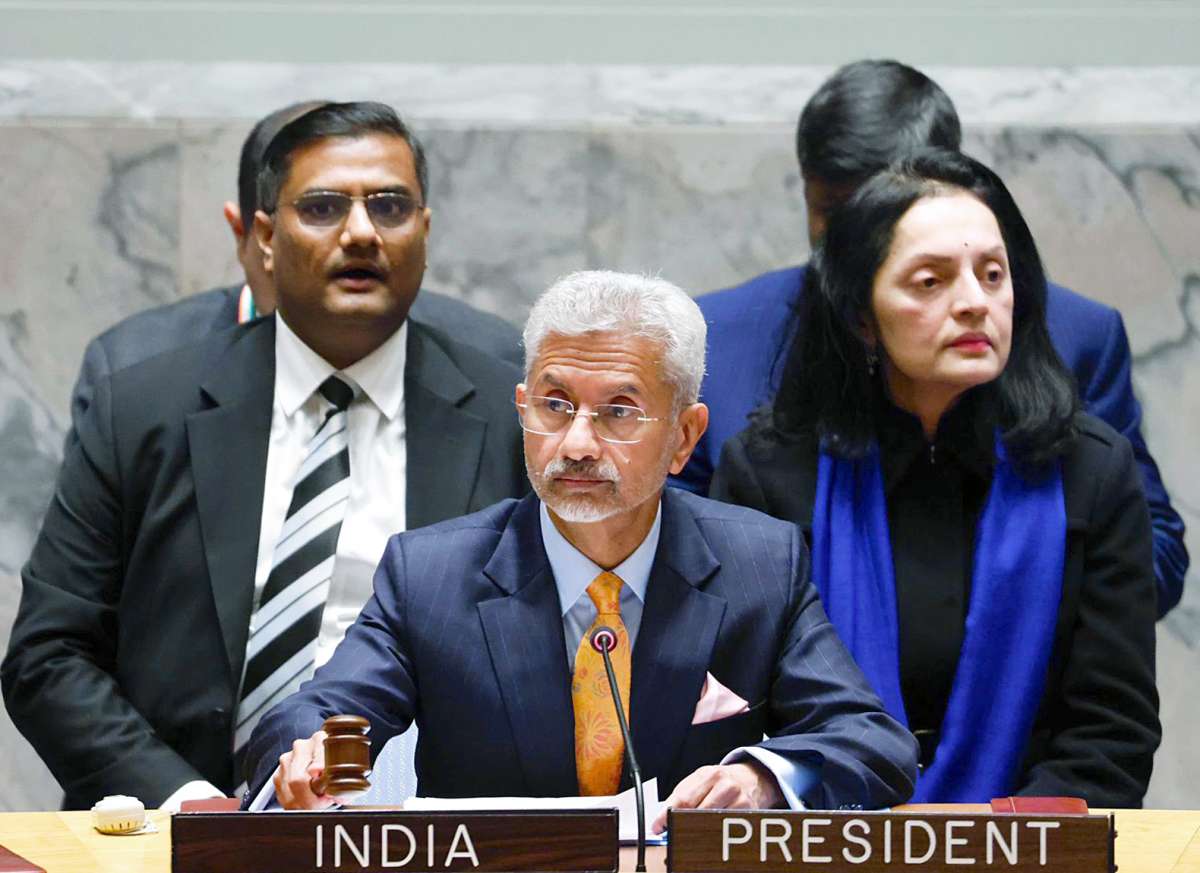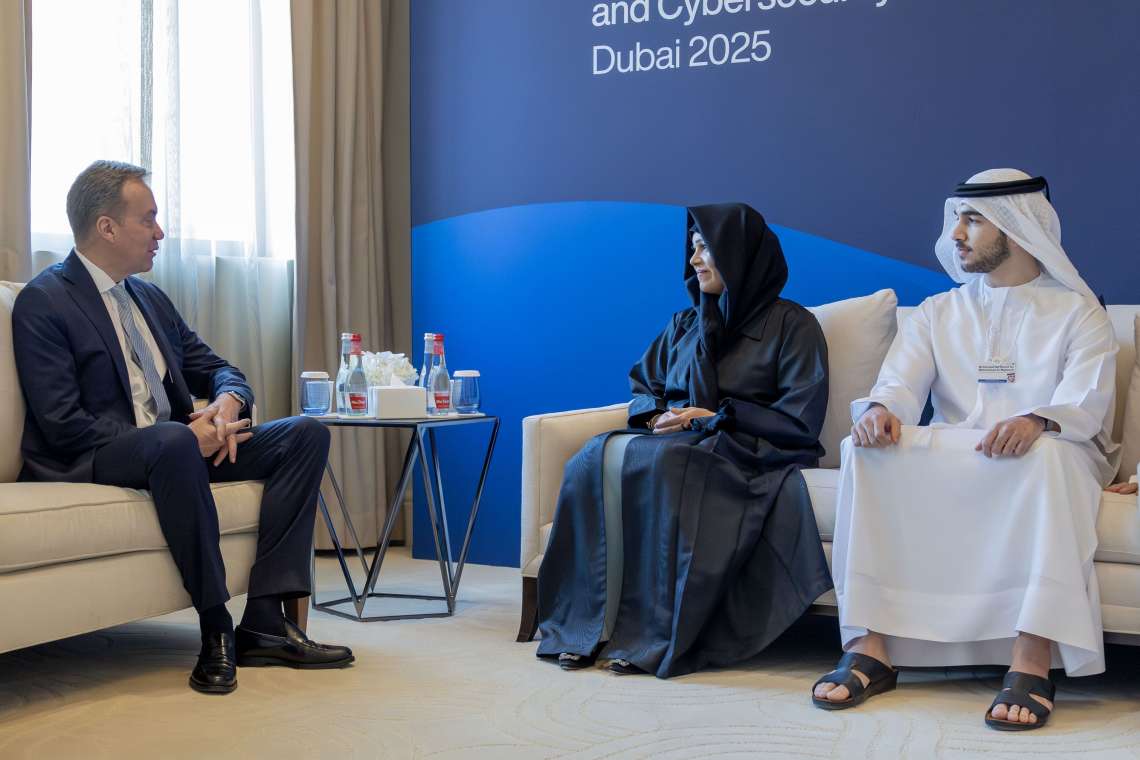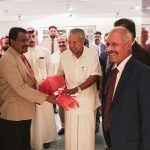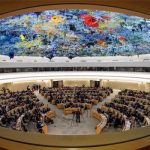The minister highlighted four specific challenges with which the counter-terrorism architecture is currently grappling…reports Asian Lite News
Noting that accountability must be bedrock of counter-terrorism, External Affairs Minister S Jaishankar on Thursday said that terrorism is an existential threat to international peace and security and knows no borders or nationality.
Addressing the high-level UNSC briefing on ‘Global Counterterrorism Approach: Challenges and Way Forward’, Jaishankar said terrorism is a challenge that the international community must combat collectively together. “This Council is well aware that terrorism is an existential threat to international peace and security. It knows no borders, nationality, or race, and is a challenge that the international community must combat collectively together,” he said.
Jaishankar said India faced the horrors of cross-border terrorism long before the world took serious note of it.
“Over the decades, we lost thousands of innocent civilian lives. But we fought terrorism resolutely, bravely and with a zero-tolerance approach. As Prime Minister of India, Mr Narendra Modi has declared: “we consider that even a single attack is one too many and even a single life lost is one too many. So, we will not rest till terrorism is uprooted,”‘ the minister said.
He said that the threat of terrorism has actually become even more serious and the world has seen the expansion of Al-Qaida, Da’esh, Boko Haram and Al Shabab and their affiliates.
“At the other end of the spectrum are ‘lone wolf’ attacks inspired by online radicalization and biases. But somewhere in all this, we cannot forget that old habits and established networks are still alive, especially in South Asia. The contemporary epicenter of terrorism remains very much alive and active, whatever gloss may be applied to minimize unpleasant realities,” he said.
The minister highlighted four specific challenges with which the counter-terrorism architecture is currently grappling.
He said by now, it is well established where and how terrorist organizations operate, and under what kind of protection.
“Activities like recruitment, financing and motivation are often done in the open. The days when it could be said that we are unaware are now behind us. Consequently, assigning responsibility is that much easier. The response of the sponsors of terrorism is not to give up but to conduct and execute their agenda at an arms-length. To do this, they create narratives of limitations and difficulties. We buy such explanations at our own peril,” he said.
“The suggestion that states who are apparently capable on everything else but are only helpless when it comes to terrorism is ludicrous. Accountability must therefore be the bedrock of counter-terrorism,” he added.
The High-Level Briefing on Counter-Terrorism seeks to promote consensus amongst Council Members on the broad principles of a global counter-terror architecture and aims to further build upon the Delhi Declaration adopted during the Special Meeting of the Counter-Terrorism Committee held on October 28-30 in Mumbai and New Delhi. (ANI)












